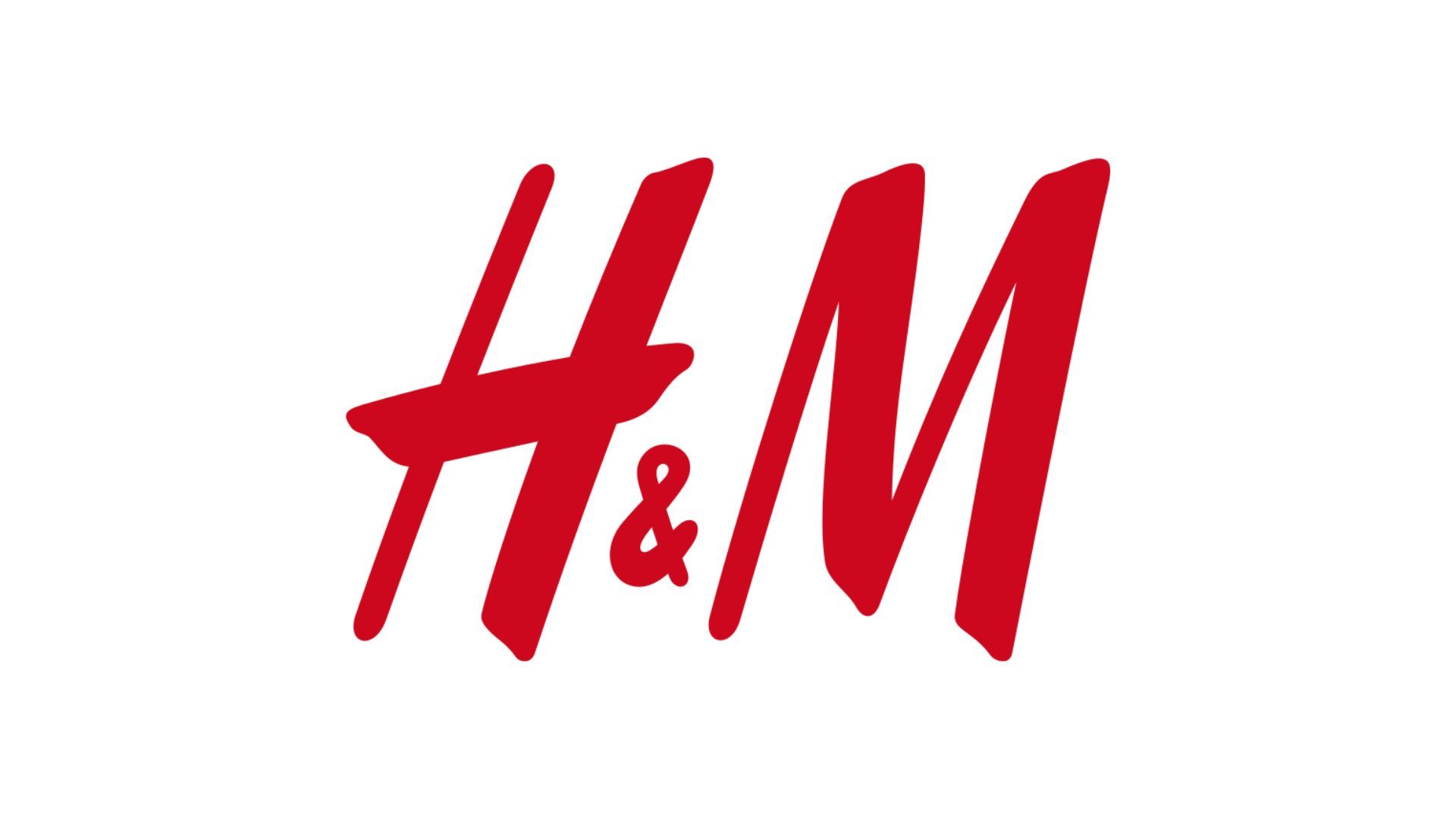Hennes & Mauritz AB, popularly known as H&M, is a Swedish multinational fashion brand that deals in fast fashion and sells clothing and accessories. The brand was established in 1947 by Erling Persson as a fashion brand catering to women. In 1968, the brand included menswear in its catalog, and in 2008, H&M announced in a press release that it would be expanding to include home furnishings.
H&M has become the second-largest international clothing retailer, trailing behind Inditex. Recently, the fashion retailer announced that it would be adding AI intelligence to its advertisements and campaigns.
More details on H&M’s replacement of models with AI clones for ads and campaigns
H&M announced that it would use artificial intelligence (AI) to create digital copies of thirty models. It stated that if given permission from the models, it would employ AI doppelgangers in some social media posts and marketing strategies.
The Chief Creative Officer of H&M, Jörgen Andersson, said in a statement.
“We are curious to explore how to showcase our fashion in new creative ways – and embrace the benefits of new technology – while staying true to our commitment to personal style.”
In a LinkedIn post on the brand’s decision to use AI to replicate models, Jörgen said:
“Creativity and radical curiosity have always defined who we are at H&M. Now we are exploring new territory – generative AI – and discovering how technology can unlock new ways to showcase our design in innovative ways, while staying true to our human-centric approach. The possibilities are almost endless. We can explore and enhance creativity, which benefits us and the entire industry.”
The Swedish fashion giant emphasized that the models will be in complete control over their AI replicas and will be financially compensated just as they would for their photographs.
Following the announcement, several concerns and criticisms have been expressed about the use of AI in fashion. The general secretary of trade union Equity, Paul W Fleming, said in a statement:
“Whilst we support brands who appear to be moving in this direction, this must be backed up by the widespread adoption of AI protections in union agreements and legislation that protects workers' rights.”
He added:
“Unfortunately, the current landscape has little to no such protections.”
Sara Ziff, the founder of Model Alliance and a former model, said she had “serious concerns about the use of digital replicas without meaningful protections in place.”
“In an industry that has historically been a backwater for workers’ rights, H&M’s new initiative raises critical questions about consent and compensation, and has the potential to replace a host of fashion workers—including make-up artists, hair stylists, and other creative artists in our community.”
An American Influencer, Morgan Riddle, made a post about the news on her Instagram story, which she captioned:
“RIP to all the other jobs on shoot sets that this will take away.”
H&M is not the first brand to explore AI and incorporate it into its creativity. In 2023, Levi Strauss & Co. announced that it would use AI-generated models to supplement human models. In July 2024, Mango launched a campaign that was entirely generated using AI.
Your perspective matters!
Start the conversation

